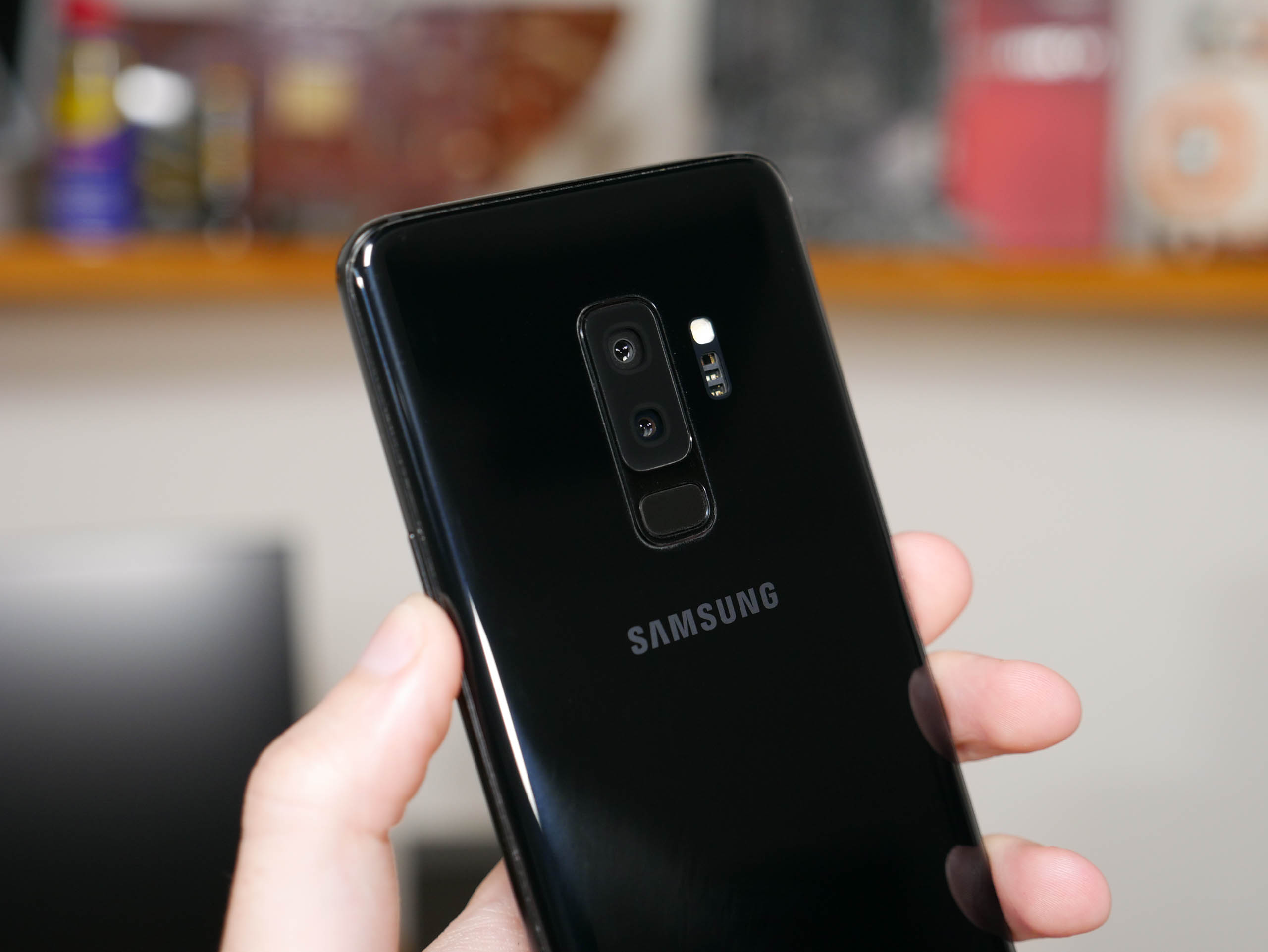Camera and Software
I'm not going to spend a lot of time on the Galaxy S9+'s camera, as we've already covered everything you could possibly want to know in depth in our camera comparison article. In that article you'll see a bunch of photos captured with the Galaxy S9+, along with comparisons to the excellent Pixel 2 XL camera.
In case you want a quick summary, though, in general the Pixel 2 XL is a superior camera, however the Galaxy S9+ puts in a strong showing with pleasing colors, strong performance in a range of conditions, and useful additional features like a 2x zoom camera and 960 FPS slow motion capture. I think most users will be very pleased with the results.

As for software, what Samsung has included on the Galaxy S9+ is a continuation of what they provided on the Galaxy S8+. Rather than going for a full makeover of their heavy Android skin, they've instead continued to refine their offering, smooth out the kinks, and add features.
The style used for the Galaxy S9's software is quite pleasing and coherent among Samsung's various first-party apps and other areas of the operating system. It also feels modern, which was a problem with their software implementations several years ago. However, as Samsung's style is different to stock Android, Google apps and others in the Store can look and feel a bit strange coming from Samsung's apps.

All the basic features of Android 8.0 are preserved with the Galaxy S9+, including the powerful notification shade and copious quick settings. Samsung even extends upon Android's multi-window functionality by not just including a split-screen view, but also including the ability to window apps and even pair apps together in a single icon on the homescreen.
Obviously Samsung includes Bixby as their homegrown voice assistant that can be accessed through their hardware button or swiping left on the homescreen. Bixby is improving and it is more capable than the version that launched with the Galaxy S8, but it's still not something I'm using on a regular basis. Or ever. Also Google Assistant is included if you'd rather Google's better utility that does mostly the same thing.

The settings screen continues to be simplified, though a bit of digging into each section still reveals a wealth of features including navigation and status bar customization; battery, performance and storage maintenance features; game and one-handed modes; and more.
That said, I still have a few concerns about Samsung's approach to software. Duplicate apps are still included on this smartphone, so there is no shortage of dialog pop-ups asking you what app to launch when viewing photos, composing emails or just browsing the internet. A lot of the duplicate apps seem completely unnecessary and continues Samsung's love of bloatware.

There's also the issue of software updates. Samsung is not known for fast software updates, so it's unlikely you'll get crucial security patches as quickly as with Google's Pixel handsets. And if you want feature updates that bring the Galaxy S9+ to the newest version of Android, expect to maybe receive one delayed update, but certainly not support for multiple years.
